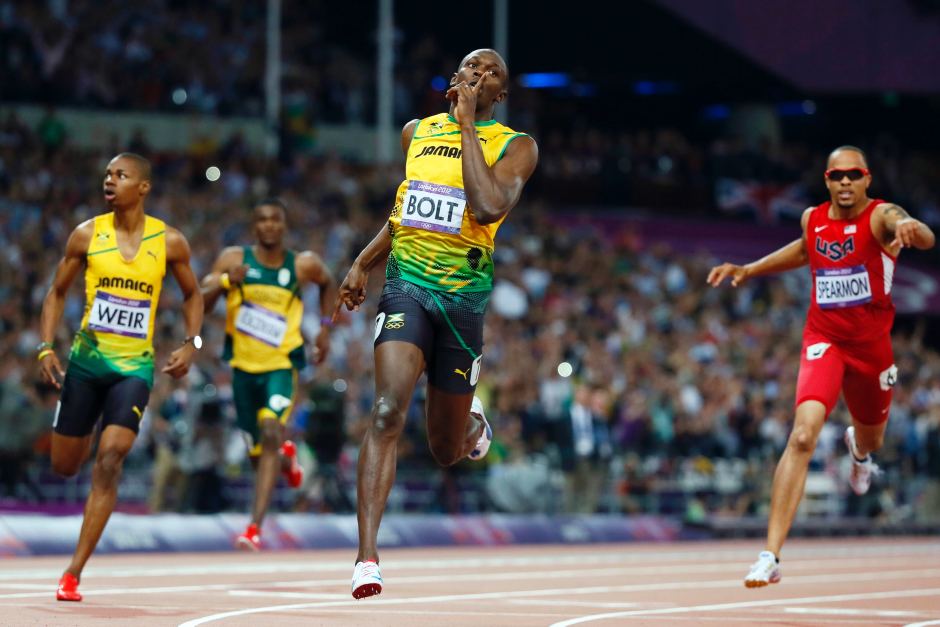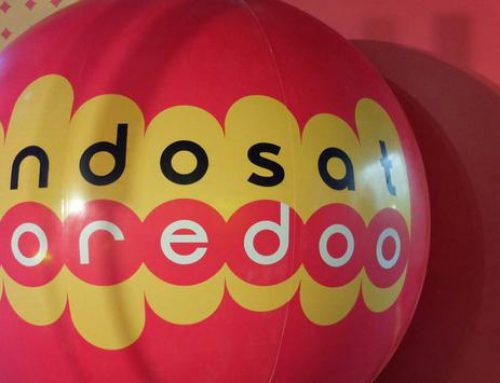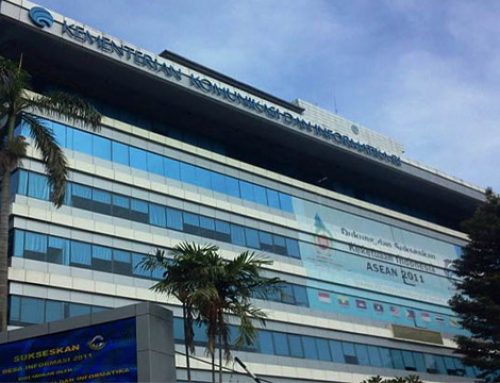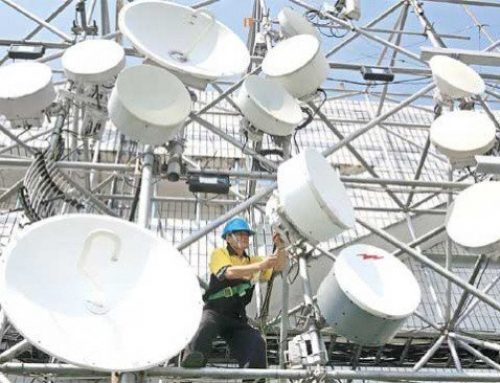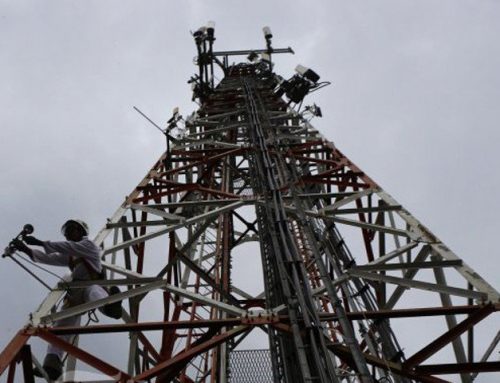In the decade since the iPhone redefined the smartphone industry, mobile devices have morphed from displaying three-second GIFs to streaming elaborate content. Now carriers want to deliver big-ticket television events like the Olympics to add exclusive, sticky programming and stay relevant with younger consumers.
The initiatives, on display this week at the annual Mobile World Congress in Barcelona, are being driven by improvements in handset-screen quality and the more efficient use of ever-more-robust mobile networks. Phone companies worldwide are rolling out unlimited-data plans and want to fill the pipeline with entertainment choices that can keep customers from jumping to a rival.
“We need to feed our networks with content,” Orange SA Deputy Chief Executive Officer Gervais Pellissier told Bloomberg Television. “This is why the role of content distribution within connectivity is more important than it was five years ago.”
In France, one of Europe’s most competitive phone markets, Orange may bid for soccer rights or other video content if it can find a partner, Pellissier said. Vodafone Group Plc showcased its cloud-based GigaTV service, accessible to customers in Germany through a TV set-top box or smartphones and tablets.
While mobile phones were once the domain home-made YouTube clips, professional content producers — in their own race to reach viewers beyond the couch — are ready to oblige the carriers’ content demands.
Netflix Inc. CEO Reed Hastings, as responsible as anyone for television’s jump from closed cable-TV systems to today’s anytime, anywhere viewing, told phone executives that the global TV network is looking to expand its use on mobile and is investing heavily in making content start instantly on phones.
“We are getting more and more efficient at using operators’ bandwidth,” Hastings said, while predicting that mobile TV would become more and more significant as millennials age. “We’ve seen great mobile usage throughout Africa, Middle East, Asia — it’s been one of the big stories how much more people live on mobile.”
The action picked up in Barcelona, where Discovery Communications Inc. said it will sell European carriers exclusive mobile rights to Olympic Games coverage by country. The partnerships will help Discovery International tap “the incredible growth” of wireless devices, Discovery International CEO JB Perrette said. “The mobile community has something that we don’t have: access to a very personalized, direct link to the consumer.”
Big Interest
Discovery has seen big interest from major operators in Germany and the Nordic markets for the Olympic rights and will look to sell them over the next three to six months, Perrette said.
Another innovator in content, Vice Media Inc. — known for its provocative news coverage — struck distribution deals with carriers ranging from Japan’s NTT Docomo Inc. to Indonesia’s PT XL Axiata, announcing deals in Barcelona that could expand its reach to hundreds of millions of new mobile subscribers worldwide.
While the deals unveiled in Barcelona take the form of partnerships, AT&T Inc.’s bid last year to buy Time Warner Inc. may herald future European deals to form phone and media empires that will own movies and TV shows to pump through to wireless subscribers.
Game Changer
AT&T and Time Warner will be “a game changer” if the deal is approved, Vice Media CEO Shane Smith said in Barcelona. The deal will kickstart a “massive consolidation and M&A frenzy” with traditional media companies investing in digital media assets and telecoms companies buying up content players to keep up with AT&T/Time Warner, he said.
More than 80 percent of 18-34-year-olds in the U.S. are using mobile platforms to consume content, spending over two hours on average a day to view video and apps, Vice Media said in a statement, citing researcher Nielsen.
After a visit to Barcelona earlier in the week, Deutsche Telekom AG CEO Tim Hoettges was back in Bonn on Thursday presenting earnings. The German carrier’s strategy is that of a content aggregator that aims “to offer our customers access to as much content as possible,” he told reporters.
“Content is important to explain to customers the added value of broadband services,” Hoettges said. “We have seen in many European countries where exclusive content have increased sales,” for example at BT Group Plc, the British carrier in which Deutsche Telekom owns a 12 percent stake, he said.
Source : bloomberg.com

